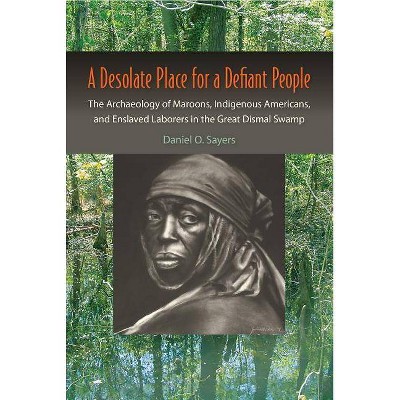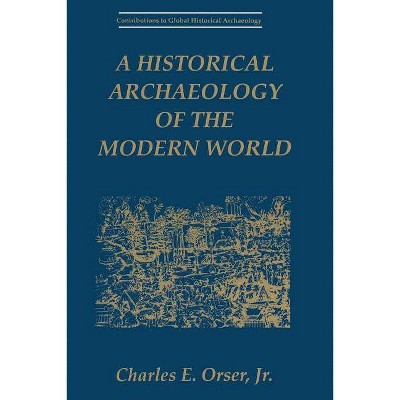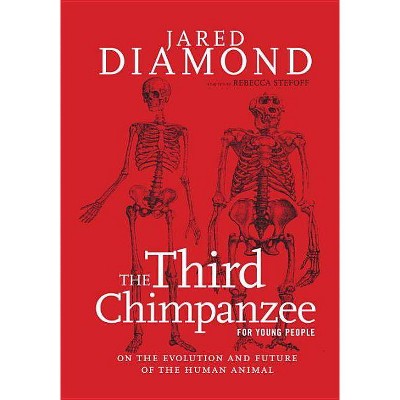A Desolate Place for a Defiant People - (Co-Published with the Society for Historical Archaeology) by Daniel O Sayers (Paperback)

Similar Products
Products of same category from the store
AllProduct info
<p/><br></br><p><b> About the Book </b></p></br></br>Sayers examines the Great Dismal Swamp's archaeological record from ca. 1600 until the time of the Civil War, exposing and unraveling the complex social and economic systems developed by the thousands of Indigenous Americans, Africa American maroons, free African Americans, enslaved company workers, and outcast Europeans who made the Swamp their home.<p/><br></br><p><b> Book Synopsis </b></p></br></br>"Shows how colonialism and slavery created sustained critiques of American capitalism and created the conditions for chronic resistance. These communities represent a largely unrecognized, alternative declaration of independence. They are a part of world history that is truly revolutionary."--Mark P. Leone, author of <i>The Archaeology of Liberty in an American Capital</i> <p/> "Addresses key historical and theoretical debates of the archaeology of the African diaspora. Theoretically complex and methodologically rigorous, it is the first serious study to locate maroon groups in the Chesapeake."--Frederick H. Smith, author of <i>The Archaeology of Alcohol and Drinking</i> <p/> "Sayers uses archaeology to tell a compelling story of how alienated people found refuge in the alien landscape of the Great Dismal Swamp. Here they created their own way of life, free of the exploitation and alienation that they escaped. His work helps us to better understand the history of defiance in the Antebellum South and raises important theoretical issues for all archaeologists studying diasporic communities."--Randall H. McGuire, author of <i>Archaeology as Political Action</i> <p/> In the 250 years before the Civil War, the Great Dismal Swamp of Virginia and North Carolina was a brutal landscape--2,000 square miles of undeveloped and unforgiving wetlands, peat bogs, impenetrable foliage, and dangerous creatures. It was also a protective refuge for marginalized individuals, including Native Americans, African-American maroons, free African Americans, and outcast Europeans. <p/> In the first thorough archaeological examination of this unique region, Daniel Sayers exposes and unravels the complex social and economic systems developed by these defiant communities that thrived on the periphery. He develops an analytical framework based on the complex interplay between alienation, diasporic exile, uneven geographical development, and modes of production to argue that colonialism and slavery inevitably created sustained critiques of American capitalism. <br><p/><br></br><p><b> Review Quotes </b></p></br></br><br>"Lays the foundation for a predictive model that may fruitfully be applied to future investigations of communities of resistance, radical praxis and alternative modes of production."--<i>Social Anthropology</i><br><br><br>"Sayers and the maroons he studies force us to ask questions about the definition of liberty. . . . Sayers's perspectives are fresh and brilliant."--<i>Midcontinental Journal of Archaeology</i><br><br><br>"The most comprehensive archaeological research completed on the Dismal Swamp area. Highly recommended."--<i>Choice</i><br><br><br>"These communities represent a largely unrecognized, alternative declaration of independence. They are a part of world history that is truly revolutionary."--Mark P. Leone, author of <i>The Archaeology of Liberty in an American Capital</i><br><br><p/><br></br><p><b> About the Author </b></p></br></br><b>Daniel O. Sayers</b> is associate professor of anthropology at American University.
Price History
Price Archive shows prices from various stores, lets you see history and find the cheapest. There is no actual sale on the website. For all support, inquiry and suggestion messagescommunication@pricearchive.us




















